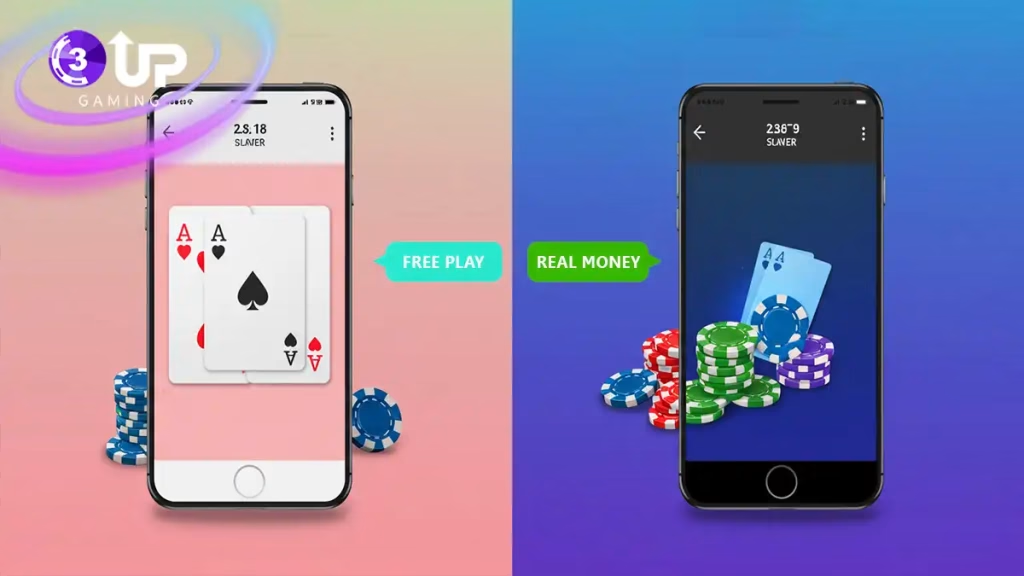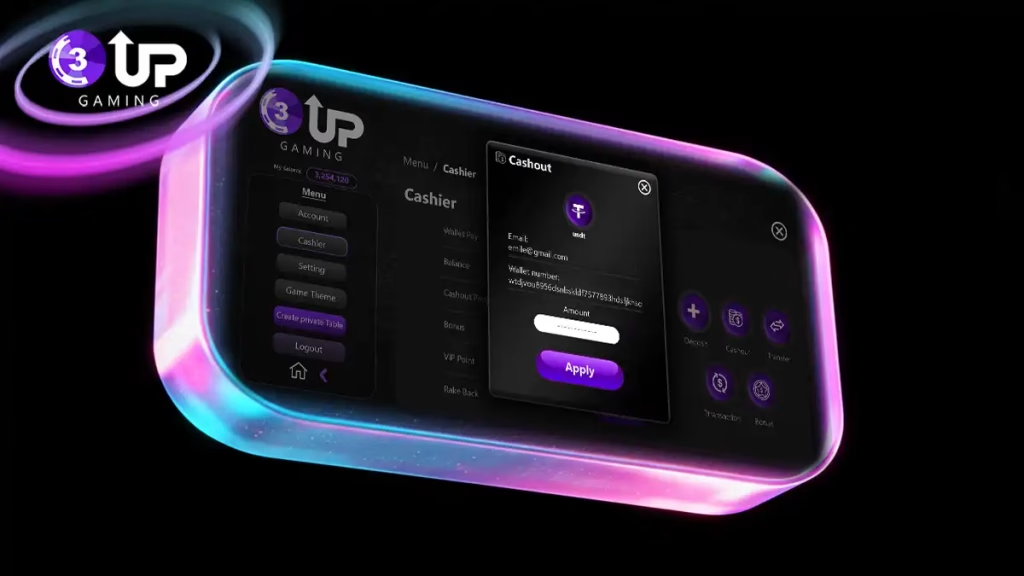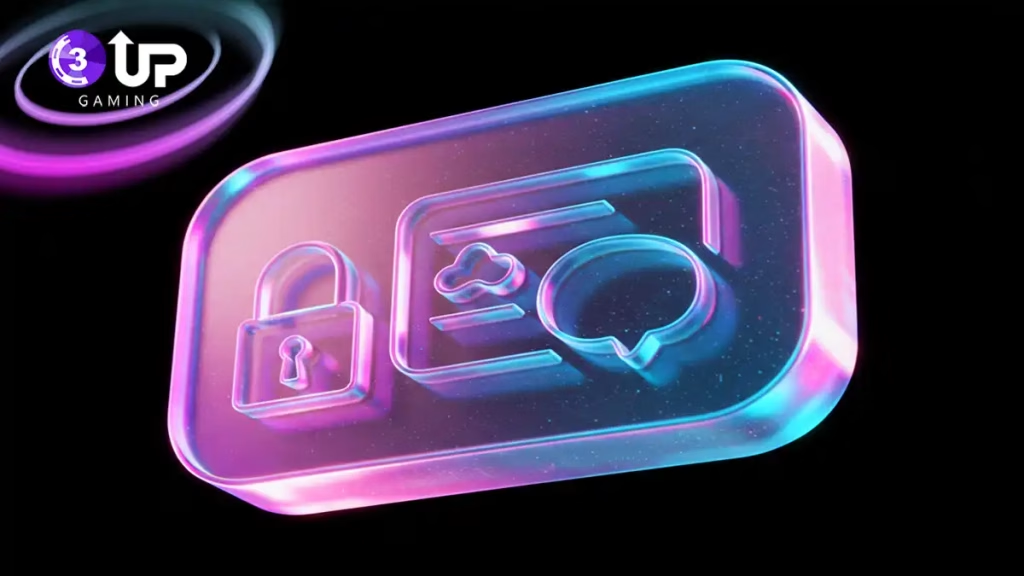Risks of Using RTA Software for Professional Poker Players! Using Real-Time Assistance RTA software in online poker poses serious risks, especially for professional players. While these tools can offer strategic suggestions during live play, most online poker platforms strictly prohibit their use. Getting caught using RTA software can result in permanent account bans, confiscation of funds, and being blacklisted across multiple networks. For pros who rely on their reputation and consistent access to high-stakes games, the consequences can be career-ending.
Risks of Using RTA Software for Professional Poker Players!
Beyond the legal and ethical implications, RTA use undermines the integrity of the game. It creates an unfair advantage, making it harder for honest players to compete, and contributes to tighter game environments where fun and spontaneity are lost. Professional players caught using such tools not only damage their own credibility but also risk harming the broader poker ecosystem. Simply put, the short-term gain isn’t worth the long-term fallout.
Ever wondered if there’s a way to get live strategic help while playing online poker?
Real-time assistance RTA software does precisely that. It provides players with instant, algorithm-based recommendations during gameplay. These tools evaluate hand histories, betting patterns, and player tendencies to suggest optimal real-time moves, giving users a decisive advantage.
RTA integrates directly with poker platforms or operates through screen scraping, feeding data into solvers that calculate Game Theory Optimal (GTO) decisions. Unlike training tools for study sessions, RTA works mid-game, whispering the perfect play when needed.
Are you curious about how this changes the game for players and whether it’s worth the risk? Keep reading to uncover the hidden layers of RTA use.
What Is RTA Software and How Does It Work?

Real-Time Assistance RTA software is a powerful tool used by some online poker players to gain a strategic advantage during gameplay. This type of software provides real-time decision-making support, offering optimal plays based on mathematical models, databases of previous hands, and solver outputs, all while the game is being played.
Essentially, RTA tools work as live poker strategy engines. When a player is involved in a hand, the RTA software analyzes the current scenario, such as stack sizes, position, board texture, and opponent tendencies, and then suggests the statistically best move. Explore trusted options in white-label poker solutions to ensure ethical gaming experiences.
These recommendations are based on Game Theory Optimal (GTO) solutions, which are considered the gold standard in advanced poker strategy.
From a technical perspective, RTA software combines several key features:
- Solver integration for instant GTO-based advice
- Database lookups for exploitative play against known patterns
- Visual HUDs (Heads-Up Displays) that highlight recommended actions
- Real-time screen-reading to interpret in-game variables
While these capabilities make RTA tools extremely powerful, their use is prohibited on most reputable poker platforms due to their unfair competitive advantage. Understanding how RTA software works is crucial for players aiming to detect or avoid such tools and for developers building fair and secure online poker software.
Why Some Professional Players Use RTA Tools
While most players rely on study, instinct, and experience, some professionals use Real-Time Assistance (RTA) tools to gain a competitive edge. But what drives skilled players already at the top of their game to use tools that blur the ethical line?
1. Pressure to Perform at High Stakes
At the professional level, poker isn’t just a game. It’s a livelihood. A single mistake at high-stakes tables can cost thousands of dollars. The pressure to maintain consistency and protect one’s bankroll often pushes players toward tools that reduce error and decision fatigue.
2. Maximizing Win Rates
RTA tools offer mathematically optimal plays for every situation, significantly improving long-term win rates. For pros grinding volume daily, even a slight edge can translate to massive profits over time.
3. Combating Variance
Variance is the most significant source of frustration for poker pros. RTA tools minimize its impact by suggesting decisions based on solid game theory rather than emotional reactions or guesswork.
4. Staying Ahead in a Hyper-Competitive Environment
The modern poker landscape is saturated with talented players. With solvers, training groups, and tracking software readily available, staying ahead is more complex than ever. Some pros see RTA tools as a way to level up or stay afloat in such a tough ecosystem.
Does this make RTA a strategic choice or a dangerous addiction? In the next section, we will weigh the risks versus rewards.
Significant Risks of Using RTA in Online Poker

While Real-Time Assistance software may seem like a golden ticket to easy wins, it brings along a host of serious risks that can quickly turn a dream run into a nightmare. Understanding these dangers is essential before ever considering installing or testing an RTA tool.
Permanent Account Bans
Most reputable online poker platforms, including GGPoker, PokerStars, and Partypoker, have zero-tolerance policies toward RTA usage. These sites employ advanced detection systems that monitor player behaviour for signs of bot-like activity. If flagged, your account may be permanently banned without appeal, and any funds may be seized.
Confiscation of Winnings
Many players assume they’ll simply be warned or temporarily suspended. In reality, platforms often confiscate all winnings earned through suspected cheating. This can mean losing the money won during the session and your entire bankroll.
Public Exposure and Stigma
Cheating accusations don’t stay private. Poker communities are tight-knit and quick to spread the word. Once you’re labelled as someone who used RTA software, your name could end up on watchlists, forums, or industry blocklists, damaging your reputation permanently.
Legal Action in Certain Jurisdictions
In some countries or states, cheating in online poker can fall under digital fraud or breach of contract laws. This means civil suits or, worse, criminal charges may follow if significant sums or contracts are involved.
Loss of Future Opportunities
Sponsorships, affiliate deals, and invitations to exclusive events are all built on trust and integrity. Being associated with cheating destroys those bridges, closing the door to many long-term career opportunities in the poker industry.
Do you still think it’s just a harmless shortcut? Next, we’ll explore how platforms are catching RTA users faster than ever. Don’t miss it.
Account Suspension and Permanent Bans from Poker Sites
Leading poker platforms like PokerStars, GGPoker, and Partypoker have made it explicitly clear that the use of RTA software is strictly forbidden. These companies run anti-cheat teams and deploy algorithms that flag unusual decision-making patterns indicative of bot-like or solver-driven play.
Once a player is flagged, their account may be suspended for review. If cheating is confirmed, the punishment is usually swift and harsh, with immediate banning, public exposure, and sometimes legal action, depending on the jurisdiction.
If you’re planning to Buy poker software, it’s crucial to distinguish between legitimate analytics tools and prohibited real-time aids.
Legal Consequences of Using RTA Software
The legality of RTA software varies from region to region. Still, one thing is clear: using such tools can constitute fraud. Many jurisdictions consider online poker a game of skill protected under specific gaming laws. Cheating via RTA violates both platform terms and, in some cases, state or national law.
Operators may sue players for damages, especially if they win large sums through deceptive means. Additionally, some countries could impose criminal penalties for digital fraud, including fines or imprisonment.
Impact on Reputation and Sponsorship Deals
Reputation is everything in the poker world. Once a player is outed for using RTA, they’re often blacklisted from major sites, events, and communities. Word spreads fast, especially when a case hits poker forums or news outlets.
More importantly, sponsorships and endorsements vanish. No poker company wants to associate with a cheater. Even if a player was once respected, one public scandal involving RTA can destroy a decade-long career.
Trustworthiness is a key requirement for players who hope to build long-term brands or sign deals with label poker operators.
How Poker Platforms Detect RTA Usage

With millions of plays daily, online poker operators have invested heavily in building sophisticated detection systems to protect game integrity. Contrary to what some may believe, detecting Real-Time Assistance (RTA) software isn’t just possible; it’s increasingly precise and effective.
1. Behavioral Pattern Analysis
RTA tools produce highly consistent, GTO-level decisions that differ from human behaviour. Platforms analyze betting patterns, timing, and decision-making to flag accounts whose play is “too perfect” across various scenarios. Unusual consistency is often a red flag.
2. Software and Process Monitoring
Poker clients can detect what other software is running alongside them. Process scanning and memory checks can detect unauthorized programs that scrape data or provide real-time advice, even indirectly. This includes hidden apps or scripts disguised as harmless programs.
3. Heuristic and Statistical Modeling
Advanced AI models are trained on datasets of known legitimate and illegitimate behaviour. These models can identify RTA usage with high confidence by comparing large volumes of hands against solver outputs.
4. Player Reporting and Human Investigation
Many cheaters are exposed not by algorithms but by other players. Platforms encourage users to report suspicious activity. In response, dedicated security teams investigate accounts, sometimes reviewing hand histories manually to verify suspicions.
5. Honeypot Techniques and Sting Operations
Some sites test borderline accounts by placing them in monitored environments, often with intentionally trick scenarios in which human logic differs from solver logic. If a player continues to make perfect solver-style decisions, further action is taken.
6. Cross-Site Collaboration
Major poker operators often share data and ban lists to track repeat offenders. Suppose a player is banned on one platform for RTA. In that case, they may face restrictions or scrutiny on others, even under a different username.
Do you still think you can outsmart the system? Next, we’ll explore why ethical, skill-based play isn’t just safer; it’s the only sustainable way to win.
Ethical Implications of RTA in Competitive Poker
Poker thrives on the balance between luck and skill. RTA breaks this balance by injecting artificial skill, which is neither earned nor fair. It’s not just rule-breaking; it’s a betrayal of the game’s fundamental spirit.
Ethically, using RTA undermines the integrity of competition. It’s like taking performance-enhancing drugs in sports. Other players spend years honing their skills, studying GTO concepts, and building intuition. RTA users skip that journey and rob others of fair competition.
Worse yet, it discourages new players from joining the game if they feel they can’t compete fairly.
Case Studies: Players Caught Using RTA Tools
While discussions about RTA software often feel theoretical, several high-profile cases have proven that the threat is real and the penalties are severe. Some documented cases shook the poker world and served as stark warnings for anyone tempted to cheat.
Fedor Kruse The Dream Machine Scandal
A German high-stakes player, Fedor Kruse, was outed by his roommates for using a dual-computer setup to access RTA solvers during live games. Kruse played on one machine while receiving suggestions from a GTO solver on another.
Despite his rapid rise in stakes, the exposure led to bans from multiple platforms and public backlash that tanked his career trajectory.
Takeaway: Even rising stars aren’t immune from scrutiny. One poor decision can erase years of hard-earned respect.
GGPoker Mass Bans (2020)
In 2020, GGPoker announced banning over 40 accounts and confiscating over $1.1 million in player balances due to confirmed RTA usage.
This sweeping action showed that even anonymous or lesser-known players face harsh consequences.
Takeaway: You don’t have to be famous to get caught. Poker sites are watching closely and they act decisively.
StealthCheat: A Mid-Stakes Grinder Gone Rogue
On popular forums like 2+2, several users documented a mid-stakes grinder known as StealthCheat, who was eventually banned from multiple platforms for suspiciously perfect GTO-level decisions.
His story became a cautionary tale across communities, and his name now symbolizes the fine line between studying and cheating.
Takeaway: Online communities play a key role in exposing unethical behaviour, and the reputational damage can be permanent.
Think no one will notice your perfect play? These cases prove otherwise. Next, let’s explore why skill, not shortcuts, is still the only path to long-term success in online poker.
Why Long-Term Success Comes from Skill, Not Shortcuts
While RTA may provide short-term gains, it offers no path to sustainable success. The best players in the world, Fedor Holz, Daniel Negreanu, and others, didn’t rely on tools to make every decision. They practised, studied, failed, learned, and evolved.
Poker is not just about math but psychology, adaptation, and long-term discipline. Building a winning strategy takes time but creates a solid foundation. Shortcuts like RTA erode that foundation and often lead to eventual collapse.
If you’re looking to Buy poker software to improve your game, invest in training tools, hand analysis apps, and solvers for study, not real-time use.
Conclusion
RTA software might look like a golden ticket, but it’s a trap. Its short-term gains come at the cost of legality, ethics, and reputation. Whether you are a rising amateur or an established pro, your best chance at long-term success lies in honing your skills and respecting the game.
Avoid shortcuts. Respect the grind. That’s the only real way to win in poker, both at the tables and in life.
Faq: Risks of Using RTA Software for Professional Poker Players!
1. Can professional poker players legally use RTA software?
No, using Real-Time Assistance (RTA) software is considered illegal on nearly all major online poker platforms. It violates the terms of service and is treated as cheating, regardless of the player’s status or skill level.
2. What are the main penalties for using RTA on poker platforms?
Penalties typically include permanent account bans, confiscation of account balances, and possible blacklisting from other platforms. In severe cases, legal consequences may also apply depending on local gambling laws.
3. How do sites catch professionals using RTA tools?
Poker sites use advanced detection methods such as behavioral analysis, input tracking, and pattern recognition. Unnatural decision-making speed and near-perfect play over time often trigger red flags for investigation.
4. Will using RTA damage a player’s reputation in the poker community?
Absolutely. Being caught using RTA can destroy a player’s professional credibility, result in public shaming, and eliminate sponsorship or tournament opportunities. Trust is essential in the poker world, and once broken, it’s hard to rebuild.
5. Have any top-ranked players been banned for RTA use?
Yes, several high-profile players have been banned or investigated for suspected RTA use. Although not all cases are made public, the poker community has become increasingly vigilant about fair play.
6. Does RTA software offer a real competitive advantage?
Technically, yes. RTA tools provide real-time GTO (Game Theory Optimal) solutions, which can lead to perfect or near-perfect decisions. However, the long-term risks and consequences far outweigh any short-term edge.
7. Are there any legal RTA-like tools professionals can use?
Yes, players can use hand history analyzers, GTO solvers, and training tools—but only off-table. Using them during live play is what turns them into illegal assistance. Always check the platform’s rules before using any software.
8. Can a one-time use of RTA result in a permanent ban?
Yes. Many sites have zero-tolerance policies for RTA use, and even a single confirmed instance can result in a lifetime ban and forfeiture of winnings.
9. How do professional players avoid unintentional violations?
They regularly review platform rules, avoid running background tools during sessions, and separate study tools from live play environments. Staying educated and cautious is key to avoiding accidental breaches.
10. Is it better to invest in training than rely on RTA software?
Absolutely. Investing in legal training resources, coaching, and off-table study is the only sustainable and ethical path to long-term success in professional poker. It builds real skill without risking reputation or access.


